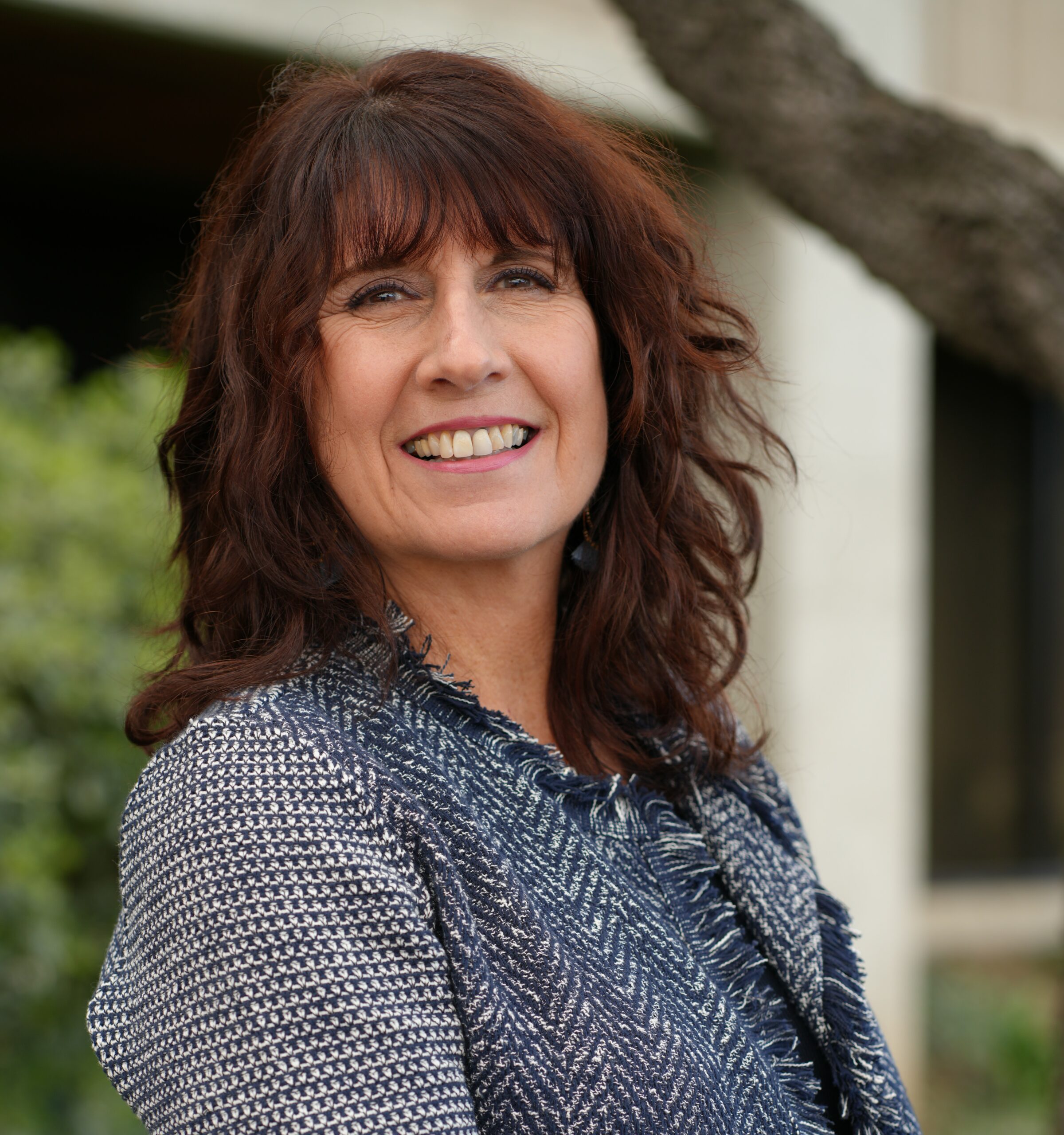Research shows that children grow up to be healthy and resilient when they have supportive parents and caregivers. But to be a fully present and energized parent for your baby or toddler can be a big task—especially with all of the changes and challenges due to COVID-19, fire disasters, and the social movements in our communities due to racism. Parents and children both are experiencing high levels of stress and worry.
Stress is a common experience and a normal response to challenges. Day-to-day stress in work and life is normal. And, when parents help children handle positive stress–like the first day of preschool, a big project, or losing a tooth–children can recover from it and build resilience. Resilience is the ability to manage stress.
But too much stress, or prolonged stress that lasts for months or years, is toxic for adults and children. That’s because stress affects the way your body works. It causes your heart rate to change, makes your blood pressure go up, and increases your stress hormones.
Here’s a break-down of different kinds of stress responses:
- A positive stress response is short-term and not too serious. It’s how you feel on your first day at a new job or how your child feels when it’s time for a vaccine at the pediatrician. Positive stress causes brief increases in heart rate and a slight uptick in stress hormone levels.
- A tolerable stress response is short-term, but more serious. Losing a grandparent may cause a tolerable stress response. The recent fires may have caused tolerable stress responses. As long as the situation causing tolerable stress doesn’t last too long or become more serious, your body can recover from the higher levels of stress hormones it causes.
- A toxic stress response is much more serious. It is strong, frequent, and/or long lasting. Living with violence, abuse, or long-term financial hardship can cause toxic stress. Toxic stress has a long lasting effect on your body. Toxic stress can cause a child’s brain and body to produce high amounts of stress hormones that harm the brain.
Effect of stress on children
Like we mentioned above, positive stress is good for kids! When you help them through stressful situations, It helps them learn what they’re capable of and build resilience.
Tolerable stress may take more time to work through, but is expected throughout life. If a child has good relationships with adults who can help the child navigate the stressful event, the child’s brain and body can recover from the stress.
Relationships are even more important with toxic stress. Toxic stress damages children’s developing brains and can affect their lives as adults. Early experiences of toxic stress can result in lasting health problems, such as cancer and heart disease, as well as mental illness, violence, and being a victim of violence. But science shows that strong bonds and connections with parents and caregivers can actually help protect children’s brains from the lasting effects of toxic stress.
If toxic stress stops and is replaced with things that are positive for the brain–loving attention from a trusted adult, healthy playing, being read stories–the brain can slowly undo the harm caused by stress.
Dealing with stress as an adult
This is a stressful time. When the COVID-19 pandemic started, you may have experienced a tolerable stress response, which kicked in to help you navigate the frightening situation. Today, the pandemic is still going, along with other community and safety issues. The effects of the pandemic—such as losing a job or income, lack of child care or school, loss of loved ones to the illness, feeling isolated—may be causing a long-term stress response. For some, this response may be toxic.
The good news is that relationships help adults deal with stress, too. Reach out to friends and loved ones who understand what you’re going through and can help you. For help with finding parenting groups or supports, contact Help Me Grow San Mateo County.
Parenting is hard. To help your child navigate and manage stress, you must first take care of yourself. There are also things you can do as a parent that will help both you and your child manage stress—like communicating about what’s happening and creating routines.
If things feel too challenging or out of your control, consider support from a professional. Mental health treatment is an important step to stay healthy for you and your child. In San Mateo County, you find mental health services by talking to your primary health provider or calling the BHRS Access Line. For crisis support contact StarVista’s Crisis Center.
Read more about this topic:
https://developingchild.harvard.edu/science/key-concepts/toxic-stress/
https://www.acesaware.org/blog/regulating-the-stress-response-in-kids-top-five-takeaways/
https://files.covid19.ca.gov/pdf/caregivers_and_kids_california_surgeon_general_stress_busting_playbook_draft_v2_clean_ada_04072020v2.pdf
https://www.healthychildren.org/English/health-issues/conditions/COVID-19/Pages/Mood-Boosting-Tips-for-Families-COVID-19.aspx
https://elemental.medium.com/chronic-stress-is-an-underestimated-pandemic-risk-factor-4fe77b8b731b
https://www.webmd.com/parenting/features/preschooler-brain-boosting-activities#1
https://www.acesconnection.com/fileSendAction/fcType/5/fcOid/480246307010872535/fodoid/480246307010872534/ParentingPreventACEs_Linked.pdf


